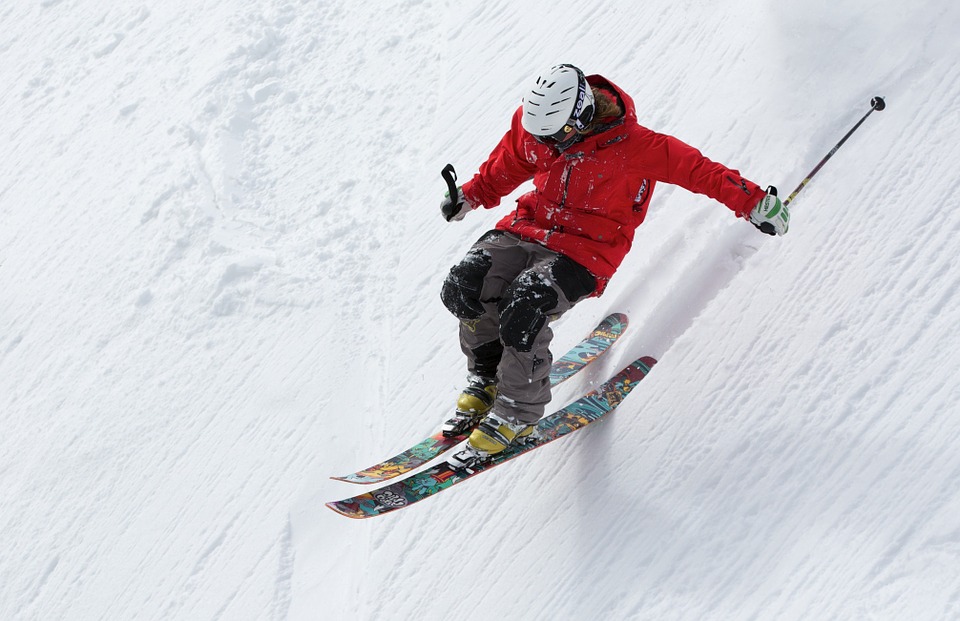The problem of unequal treatment between men and women is highlighted as an important issue in many areas, by lots of different organizations and social movements. Differences in access to particular job positions, discrepancies in salaries according to gender – all of those issues are still visible in today’s world and many activists are trying to resolve them.
Somewhere from the shadows, international sport is coming to the stage. When fans are buying tickets to watch their favourite football team, they are mostly thinking about male clubs. During the biggest sport events, men draw in engagement, and men are the figures that people believe will win medals and bring pride to the nation. Female athletes are always somewhere in the background, and if they are successful, it is usually a huge surprise to the general public.
To highlight the issue, I will use the example of female athletes who participate in winter sports tournaments; in particular, ski jumping. Ski jumping, for men, was established as a World Cup sport during the 1979/1980 season, whilst women were unable to show their skills on the most prestigious level until the much later stage of 2011. Before 2011, nobody even considered that female athletes could be as good as men. Nobody was giving them a chance to jump on the biggest ski jumping hills all around the world. Those spots were always reserved for men alone.
Sport is still playing catch up.
Giving women the right to have their own World Cup, or including their individual competitions in the biggest global ski jumping events (including the Olympic Games) can provide an illusion of solving the issue, but the problem of unequal treatment still exists.
Let’s focus on the FIS Nordic World Ski Championships which are currently organized in the heart of the Austrian Tirol region – Seefeld and Innsbruck. This year, for the first time since 1925, female athletes were given the right to participate in their own team competition.
The German team achieved a gold medal, as the first female team in history, marking a step in the right direction in the fight for gender equality in international winter world sport.
Despite this progress, inequality still exists. There is a gender wage gap, and the cost of medals for women remains lower than for men. This goes beyond finances; valuing a female gold medal less so than a male gold medal translates quite simply: in sport, women are valued less than their male counterparts.
In a world of apparent tolerance, sport is still playing catch up. The question is: when will people realise, that there is no difference between female and male success?
Marta Wawrzyniak

